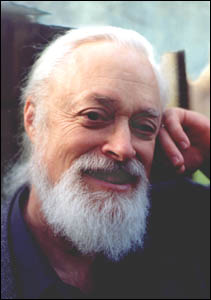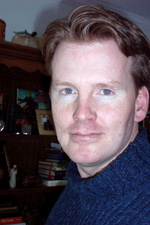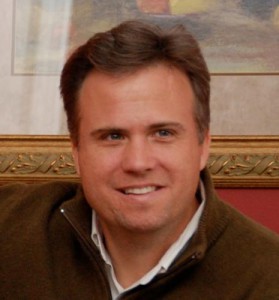
Interview with Mullah Omar, Arnaud de Borchgrave (June 2001) – Very important and rare interview with Mullah Omar the head of the Taliban almost three months before 9-11 on the front page of the Washington Times (June 18). Omar suggested Osama bin Ladin was a problem he wanted to resolve. Bush Administration showed no interest in pursuing this lead. The information in de Borchgrave’s 2001 report is consistent with that in an important report issued in February 2011 by theCenter on International Cooperation at New York University, which is summarized by Gareth Porter in Counterpunch here.
Chuck Spinney
The Blaster
Phi Beta Iota: There are other reports of the Taliban approaching the US Department of State (including one approach to a CIA officer under cover). After 9/11 the Taliban resurfaced these offers, but asking only that Bin Laden receive a public trial. In every instance before and after 9/11 the US refused to consider the Taliban offers to turn over Bin Laden. One can only surmise that between them the CIA and the White House were quite content with the role Bin Laden was playing in AF, and that removing him would actually interfere with US plans for which Bin Laden was, like Lee Harvey Oswald, a “patsy” in the not-so-great game.







